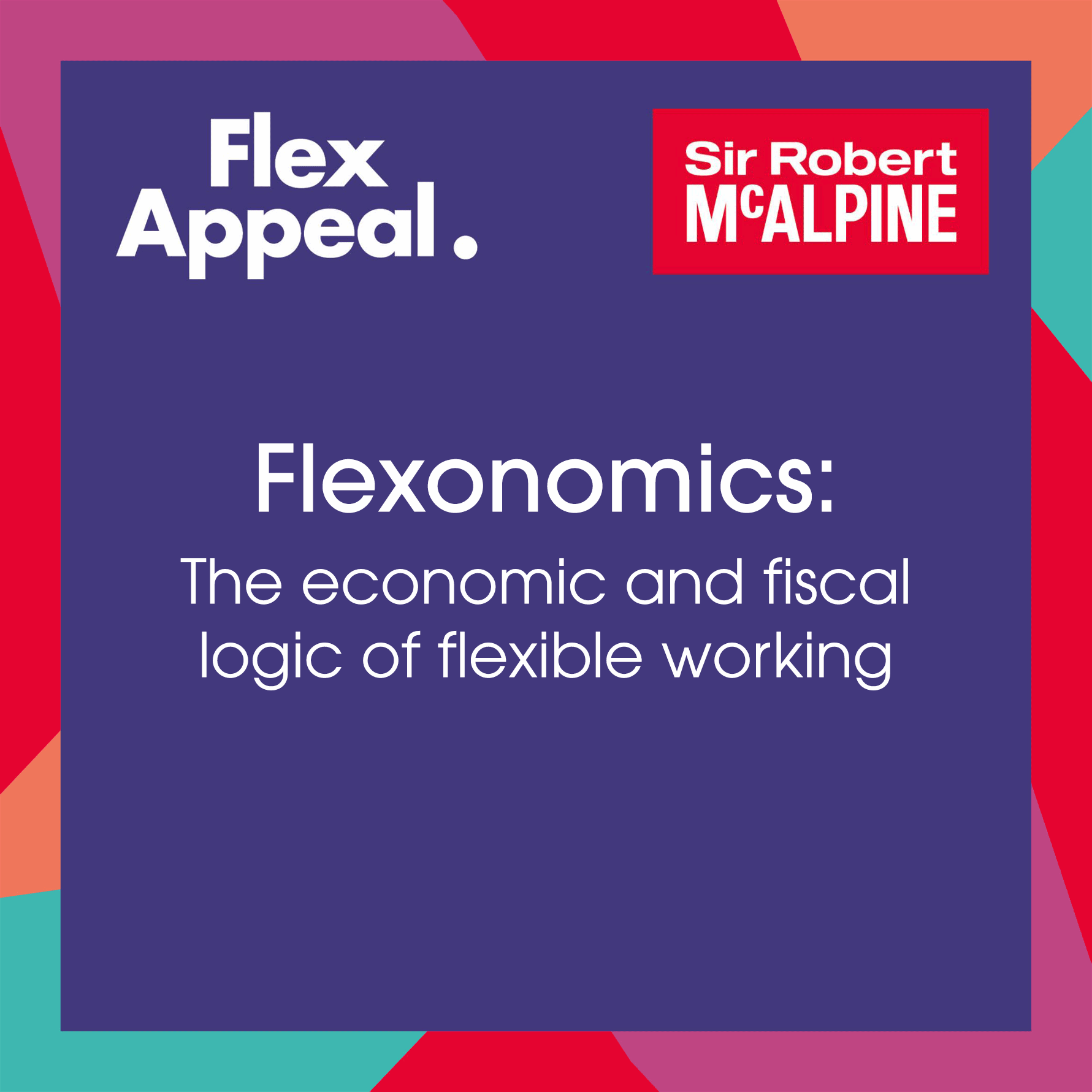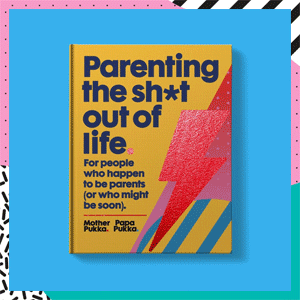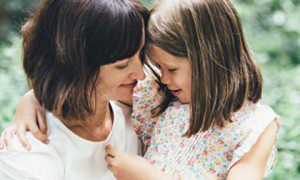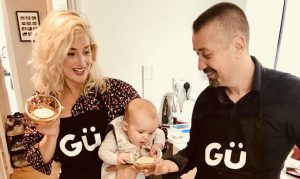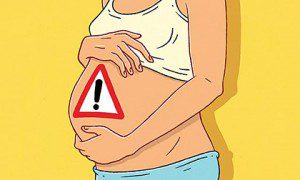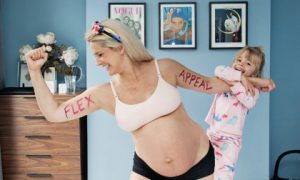The mental health of babies is too easily overlooked, writes Sally Hogg of the Parent Infant Foundation, especially in a time of lockdown
Last week was Infant Mental Health Awareness Week. There’s an awareness week for everything these days, but this is an issue where awareness-raising is needed. Infant mental health is not widely understood, and as a result, it is not valued or invested in. This needs to change.
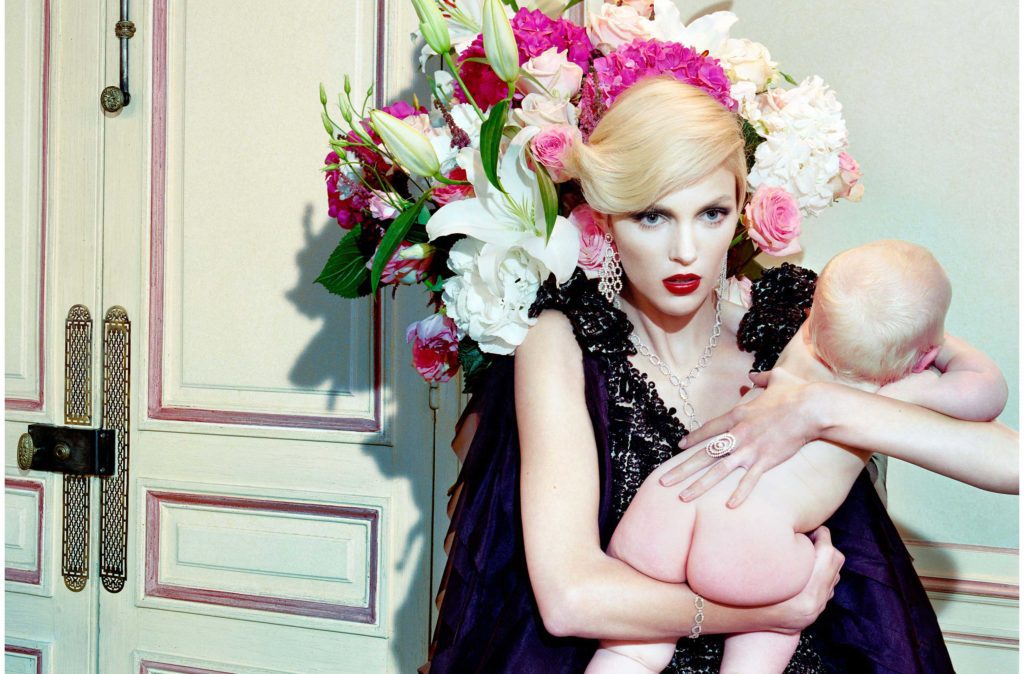

Infant mental health describes babies’ emotional wellbeing and development. Like all of us, babies experience a range of emotions, which are influenced by what is happening around them. Although they cannot recognise and describe it to us, babies can feel happy and secure, or stressed and distressed.
At the heart of infant mental health are the relationships that babies have with their parents or carers. Young babies need sensitive, responsive adults to help them to learn how to manage their emotions (for example, through soothing them when they cry). Early relationships also set a template for how babies begin to think about themselves and others. When someone picks you up when you cry, you realise you matter to someone else and can rely on them. (Don’t worry, guilt-ridden parents, the evidence shows that babies’ need ‘good enough’ parents – not 100% perfection).
As scientists at Harvard have explained, “young children experience their world as an environment of relationships, and these relationships affect virtually all aspects of their development.” Babyhood is a time of uniquely rapid development. Each second, many millions of neural connections are made in a babies’ brain as a result of what they experience. Therefore, babies’ mental health matters, not only because they are small humans who are valuable in their own right, but also because emotional wellbeing during this critical phase lays the foundations for later health and happiness.
Because infant mental health is fundamentally about early relationships, parents must be supported to give babies the nurturing that they need. Parents are most able to provide this care when they have positive relationships themselves, when they are emotionally, financially and socially secure, when they have family-friendly employment, and when they are in families and communities that nurture them and attend to their needs. Campaigns like Flex Appeal are not only about enabling work-life balance and creating more equality in the workplace; through supporting parents to be parents, we also give babies the best start in life.
Improving infant mental health can put children on a more positive trajectory, better able to take advantage of other opportunities that lie ahead. Children with good early emotional development start school ready to play, explore, learn and make friends. They are more likely to have a happy, healthy and successful life. Of course, children’s futures are not determined by the age of two, but as the saying goes, it’s “it is easier to build strong children than to repair broken men”.
Nobel Economist James Heckman has shown that the early years are the best time to invest money in services for children. Effective early action prevents other services from being required later in the child’s life. Yet Government spending is weighted towards older children. Rather than creating strong, resilient children, we wait until the breaks appear before we take action. Children and young people’s mental health services in 42% of areas in England will not even take a referral for a child aged under two years. This statistic should shock and anger us all. Imagine, for example, if this were cancer services or orthopaedics who refused to treat the youngest children? Why should mental health be any different?
The theme for Infant Mental Health Awareness Week is 2020 Vision: the world through babies’ eyes. This works on many levels. As parents, it can be helpful to take time to tune into our babies’ feelings and to think about how they are experiencing the world and what they need. As citizens and campaigners, we can look at our policies and public services through babies’ eyes to see if they are giving all children a good start in life.
It’s time for action on infant mental health. The future depends on it.
Sally Hogg is head of policy and campaigning for the Parent-Infant Foundation and co-ordinator of the First 1001 Days Movement.
You can find some COVID-specific tips for parents here.

